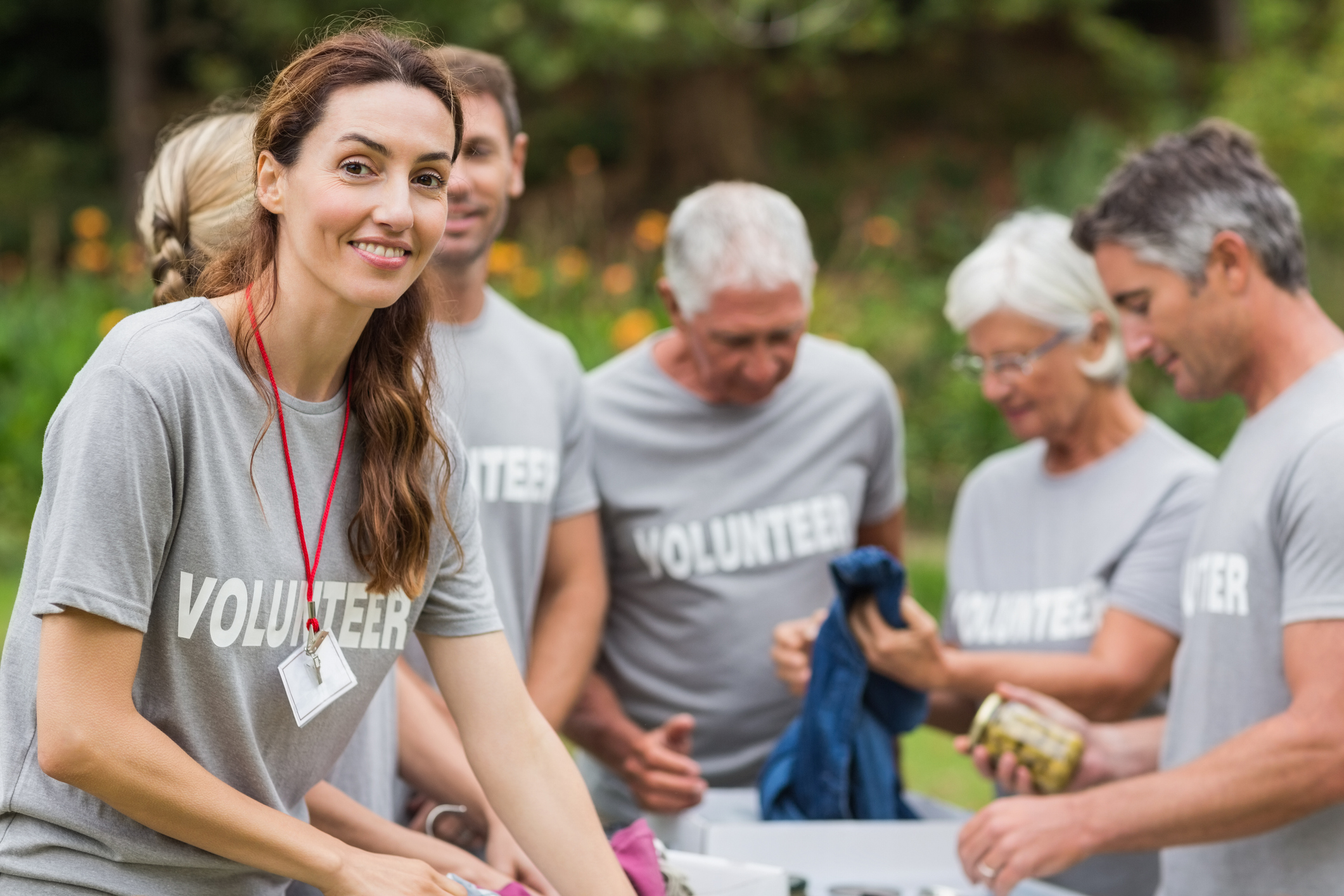We have recently been talking quite a bit at the Oldish about planning for an increasingly longer retirement and how to meet the care and housing needs of a growing elderly population. After years of fruitless efforts to create an eldercare volunteer corps in the United States, the Administration for Community Living has finally approved a grant to fund a National Volunteer Care Corp to help vulnerable older adults with household tasks, transportation and shopping while also providing companionship and reducing isolation among seniors.
According to a recent AARP report, healthy retirees and younger adults would volunteer to help seniors living alone or provide respite for family caregivers. College students might receive class credit or a small stipend for their efforts. The project is currently accepting proposals for grants from organizations across the country that provide non-medical assistance to older adults and younger adults with disabilities.
Creating a Care Corps for seniors is a step in the right direction helping to meet the needs of community-dwelling older adults but it will take time for the group to grow and attract more public as well as private funding. It is expected that the proportion of elderly Americans over the age of 85 will soar to 14.6 million by 2040, a sharp increase from the present 6 million seniors in the ranks of the country’s oldest citizens.
Volunteers will be required to submit to background checks and training and program effectiveness will be evaluated. Younger volunteers may be able to help with technology training for seniors, snow shovelling or yard work while retirees could help provide nutritious meals or take older adults to worship services or community gatherings. Developing a larger volunteer corp will help take some of the load off a shrinking number of family caregivers and help fill in care gaps due to a shortage of personal care workers and home health aides.
For many frail seniors, volunteers who help with cleaning, laundry or shopping are the only way they are able to remain living independently. And volunteers benefit as well; the vast majority of retirees who volunteer their time report feeling a sense of purpose, less isolation and fewer incidences of depression. Learn more about the National Volunteer Care Corps by following this link to Kaiser Health News; Navigating Aging.






Add Your Voice
0 Comments
Join the Discussion